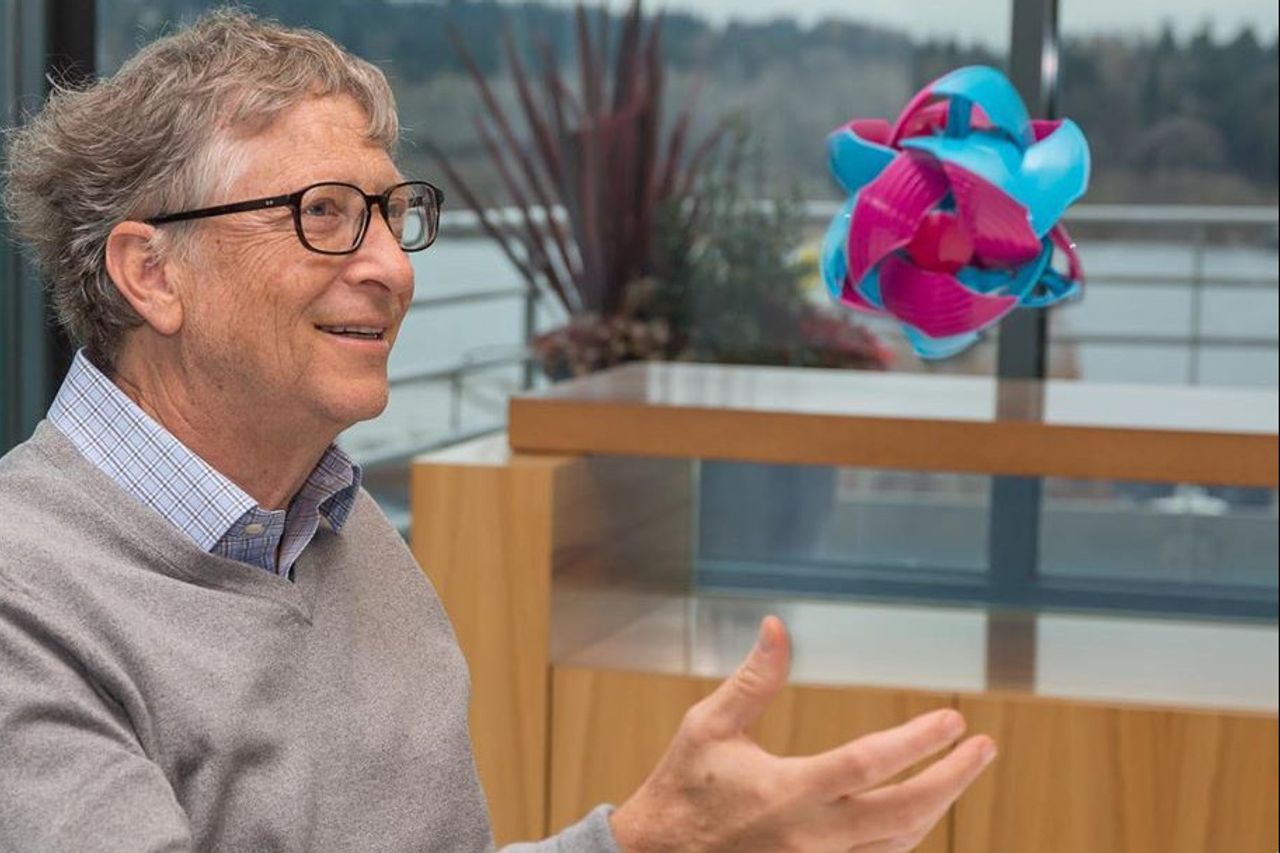Bill Gates Recommends Five Steps To Overcome The COVID-19 Pandemic

JAKARTA - Bill Gates' philanthropy has been in the spotlight lately because of his various statements about the corona virus outbreak, both in the United States (US) and globally. Finally, Gates returned to express his views on the pandemic. This time it is about handling that adopts post-World War II recovery.
Gates conveyed this suggestion through a post uploaded to his personal blog, GatesNotes. He compared the COVID-19 outbreak to World War II. Gates suggests innovation as a tool to fight the epidemic.
“During World War II, a large number of innovations, including radar, reliable torpedoes and code breaking, helped end the war more quickly. This will be the same as a pandemic, "Gates wrote, quoted Saturday, April 25.
"I break innovation into five categories, namely treatments, vaccines, testing, contact tracing, and policies to open up. Without some progress in each of these areas, we cannot return to business as usual or stop the virus," he added.
Currently, Gates is known to be making vaccine research through the Bill & Melinda Gates Foundation. Last March, Gates launched the COVID-19 Therapeutics Accelerator. The accelerator will evaluate new and reused drugs for the treatment of COVID-19 patients.
Later, this research could also be used to fight other viral pathogens in the long term. The COVID-19 Therapeutics Accelerator has also collaborated with the World Health Organization (WHO).
Then, what are Bill Gates's good suggestions for stopping the COVID-19 pandemic around the world? The following is a summary VOI.

1. Care
Gates said that while a number of new treatments are being tried right now, most of them will fail. But he remains optimistic that some of these treatments will reduce the burden of disease.
"If in the spring of 2021 people will go to major public events such as games or concerts in a stadium, it is because we have a miraculous treatment that makes people feel confident about going out again," he wrote.
Society will need treatment that is 95 percent effective in order for people to feel safe in public gatherings. Gates points towards using blood plasma or antibodies, antivirals and hydroxychloroquine.
2. Vaccines
The Microsoft founder believes that a miracle treatment is needed to get the world back to where it was before COVID-19, namely through a vaccine. However, he cautioned that it usually takes five years for vaccines for a new disease to be brought to market.
However, Gates said he was optimistic a vaccine could emerge in 18 months, although it could be as short as nine months or up to two years.
3. Testing
As far as testing is concerned, Gates believes that governments must prioritize the right people. He said that people without COVID-19 symptoms should not be tested until people with symptoms have completed the COVID-19 test. He also said that the test results should be finished in less than 24 hours.
"So you immediately know whether to continue to self-isolate and quarantine the people you live with or not," Gates said.
4. Contact tracing
Gates also highlighted the importance of contact tracing to combat the COVID-19 outbreak. He said that people who have had close contact with someone who has tested positive should be prioritized for testing and self-isolation.
The 64-year-old believes that most countries will follow the path of contact tracing like Germany, which requires medics to interview those who are positive and use databases to confirm as well as follow up with patients.
5. Opening of the business sector
The husband of Melinda Gates believes that most developed countries will enter the second phase of the pandemic in the next two months. That's where the semi-normal world occurs, even though people still practice social distancing.
All countries of the world must learn from other countries that have strong testing at the right time to open up. Gates added that officials must make trade-offs based on the risks and rewards.
"The rules on what is allowed should be changed gradually so that we can see if the level of contact starts to increase the number of infections," Gates said.
"Countries will be able to learn from other countries that have strong testing systems to alert them when there is a problem," he added.
